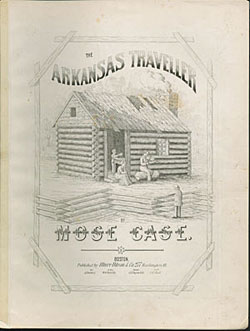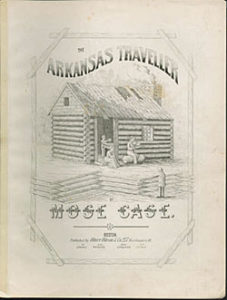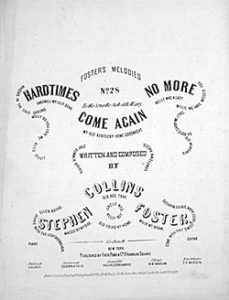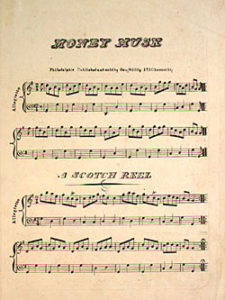The Newberry Consort

The Newberry Consort presents historically informed programs of early music, often drawn from the collections at the Newberry Library, through an annual concert series in Chicago, national and international touring, residencies at colleges and universities, and recordings. The Newberry Consort was founded in 1986 to present public concerts of music from the collections at the Newberry Library and has offered an annual concert series continuously since 1988.
As part of our ongoing commitment to excellence in programming, we expand the usual definition of “early music” (Western European medieval, Renaissance and Baroque) to include historically informed performances of other genres, such as Polish Renaissance music and Mexican colonial Baroque music. When we began work on this program, we were astonished at the Newberry’s holdings of late nineteenth-century books and music. Then we remembered that this wealth of material came from the time when Walter Loomis Newberry and his industrialist friends were first assembling the collection. It made sense that their personal libraries would include many items from their recent history. In 1968, the Newberry Library added substantially to its holdings of Americana by acquiring the Driscoll Collection of American Sheet Music, amassed by James Francis Driscoll (1875-1959). One of the largest and most representative collections of its kind, the Driscoll Collection includes 80,000 pieces of sheet music and related materials. Driscoll was by profession a civil engineer, but music was always his passion—for many years he was the organist and choir director at Boston’s Sacred Heart Cathedral—and having a great interest in American history and music, he began collecting. As early as the 1890s, he was well on his way to amassing one of the largest collections of American sheet music.
So much of our time as an early music ensemble is spent exploring European cultures that it was a welcome diversion to explore the early music of our own county. Music from late nineteenth-century America reflects the panoply of styles of the country’s vast melting pot of cultures and classes (much as it remains today). But the music also reflects the huge, untamed wilderness at the doorstep of the urban centers that fueled the imagination of performers and composers. Stories of life and death experiences rubbed shoulders with the centuries-old traditions of European cultures. As a result, our program presents an array of musical entertainments, from the fireside recreations of pioneers and sod farmers to the concert hall performances and parlor soirees of high society. We spent the same care finding old instruments or reconstructions of old instruments to play this music as we do to play Renaissance or medieval music. Nineteenth-century pianos and violins are easy to find, but a gut-strung fretless banjo from the 1860s was another challenge. We are lucky to have in our city one of the world’s experts in historical banjo, Michael Miles.
While our audience was surprised when we first presented this program on our series, they loved it, and audiences who have heard early American music only through the lens of folk traditions are surprised at the elegance and complexity in the music of Foster, Gottschalk, and others when played in a historically informed manner.
Visit The Newberry Consort’s website.
David on Bows:
David on Lincoln’s America:
Michael Miles Lincoln Banjo:
This article originally appeared in issue 13.2 (Winter, 2013).


